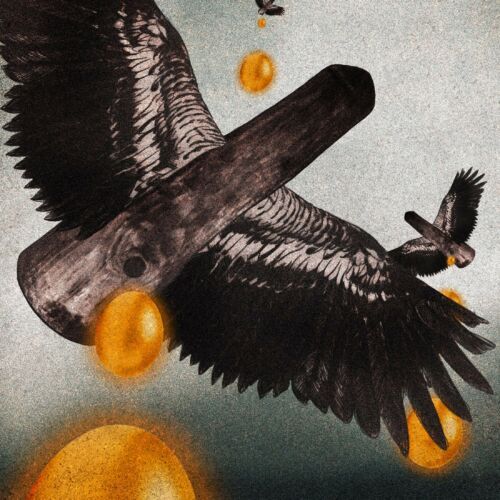The war in Ukraine, the superpowers and the new division of the world
The war in Ukraine has revealed deep global divisions and a rapidly changing world order. The attempt to isolate Putin from Russian allies like China and Iran has failed. What’s more, the South African navy, for example, will host a 10-day military exercise with Russia and China in the Indian Ocean. South Africa’s ruling African National Congress has long-standing ties to Russia and values its place in the BRICS bloc alongside Russia, China, India and Brazil. In addition, Russian diplomats have visited nine countries in Africa and the Middle East in recent weeks. Two-thirds of the world’s population live in countries that have refrained from condemning Russian actions in Ukraine. Meanwhile, 33 countries have imposed sanctions on Russia, and a similar number have sent armed assistance to Ukraine.
The actions of China, North Korea and Russia have prompted the US and its closest allies in the Indo-Pacific region to expand military capabilities and deepen cooperation. Japan has announced a significant increase in its defence budget, the Philippines will allow US troops access to four additional military facilities, and Australia is to acquire nuclear-powered submarines with the aid of the US and the UK. This plan will likely include the rotational deployment of US submarines in Australian ports. Thailand, Malaysia and Indonesia do not want to be forced to choose between China and the US. On the other hand, India is willing to cooperate with the Americans but wishes to maintain a policy of strategic autonomy. At the same time, they have announced that their trade with Russia has increased by 400% since 24 February last year.























